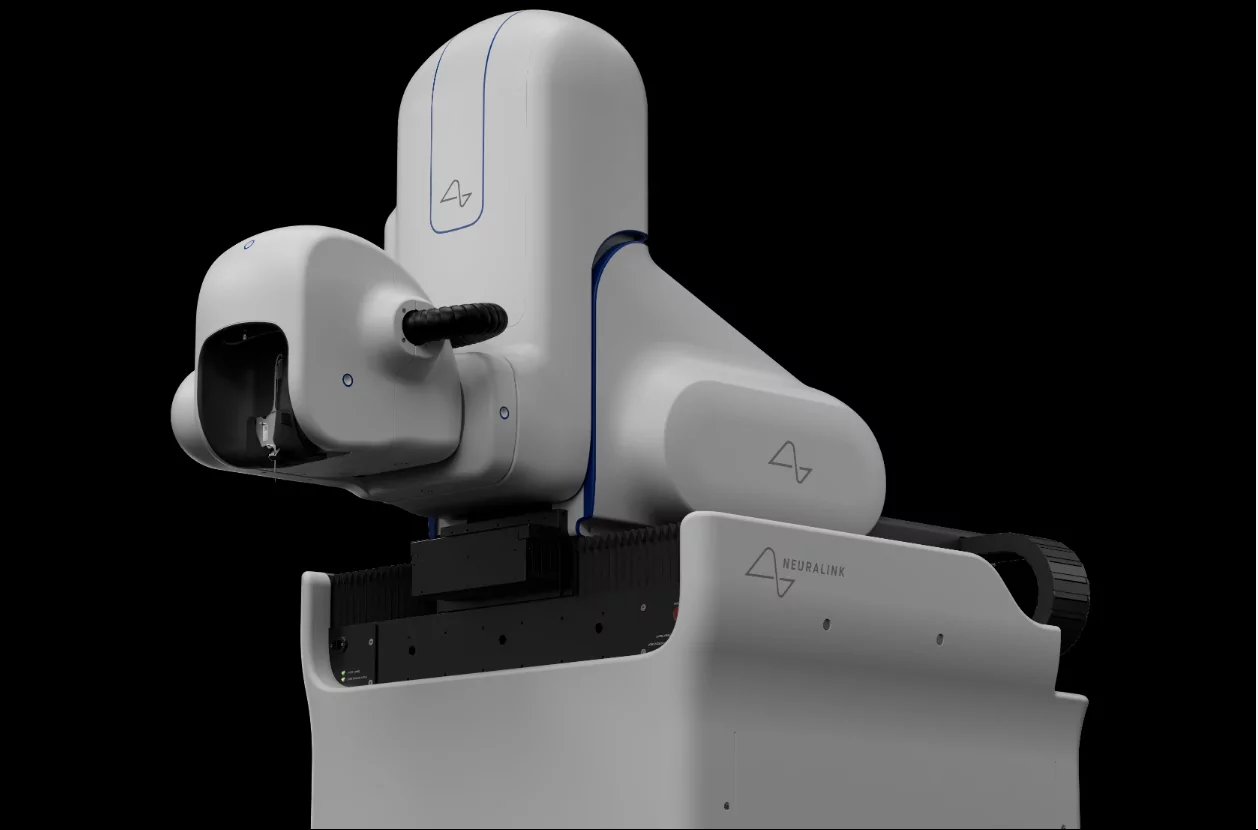Neuralink has received FDA approval to test the their brain-computer interface (BCI) on humans. Neuralink was founded by Elon Musk and a team of seven scientists and engineers, and Musk envisions it as a beacon of hope for people suffering from neurological conditions such as depression, autism, paralysis and schizophrenia.
The technology will allow users to browse the web using their brains and facilitate telepathy. To facilitate telepathy, the following boxes would have to be checked:
- The ability to read from and send information to the human brain.
- Some form of network connectivity.
Neuralink appears to check both boxes. The ability to transmit and receive information from the human brain wirelessly opens an enormous window of opportunity for a number of activities. It may eventually be adapted to train students who are studying for exams or studying for new job roles, possibly making the task easier. Sharing information may also become quicker and easier.
However, the potential for abuse is tremendous. The state of social media (and many large media outlets), for example shows how far corporations are willing to go to manipulate people. They also go to lengths to rip customers off in a variety of ways. Considering that Neuralink will likely be used by customers to communicate, learn and do other daily activities, having a corporation in control of that is harmful.
Only the customer should be in control of such a technology, otherwise the corporation that owns the technology will almost certainly abuse the power it gives them. You can’t even trust large corporations to serve you ads without malware or scams (this has happened countless times with the largest corporations), to respect your privacy, or even properly secure the technology you use.
Another rule of thumb is that if a corporation has remote access to any device you use, then the government does too. That’s a classic Orwellian scenario that could only be solved by making the technology fully open source and with zero-access encryption. Politicians usually refuse to implement regulations to protect consumers in a variety of circumstances, and it would be no better for brain computer interfaces.
I want to see technologies like this successfully treat the neurological conditions above. However, it needs to be done in a way that protects its users, and I think that is entirely possible.
Related Articles
Researchers Read A Mouse’s Mind Using AI Technology
Neuralink Is Being Investigated For Animal Welfare Violations








